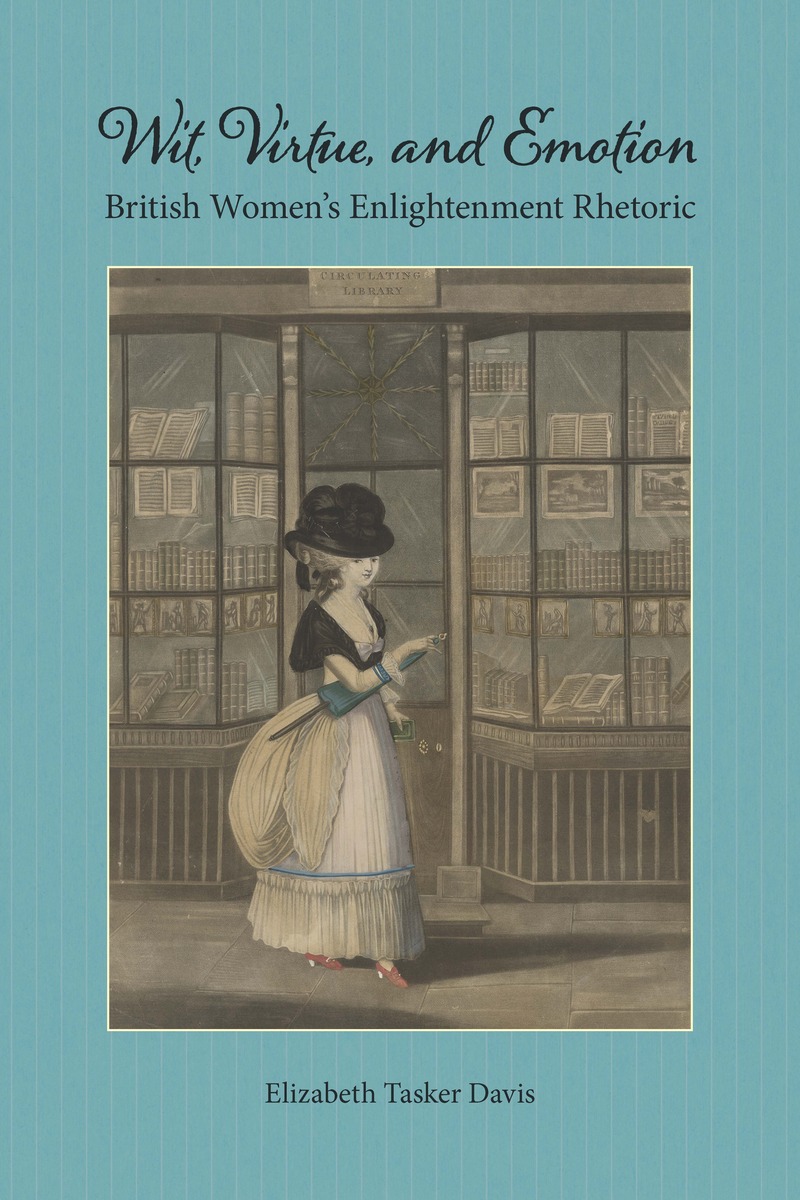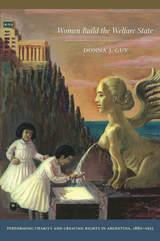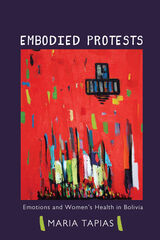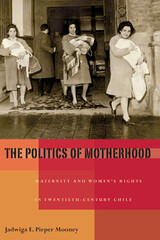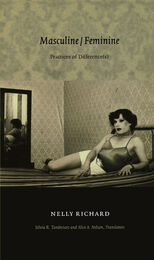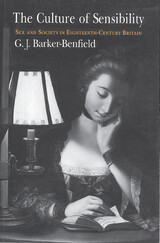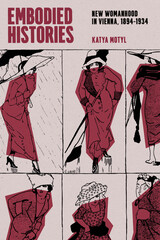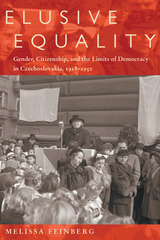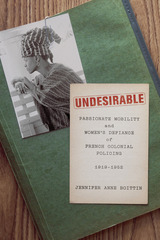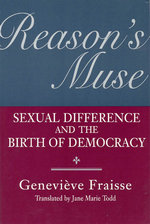“As debaters, actors, and experts on education, women of the British Enlightenment engaged in complex rhetorical practices, as Tasker Davis demonstrates. Her lively text reveals the impact of these women’s rhetoric on intellectual history and on modern feminism.”—Katherine H. Adams, author of Women, Art, and the New Deal, and coauthor ofAlice Paul and the American Suffrage Campaign
“Elizabeth Tasker Davis directs much-needed attention to British women’s Enlightenment rhetoric—an understudied period in women’s rhetorical development. By taking readers beyond traditional academic boundaries to examine a wide range of women, genres, and sites from eighteenth-century British society, Tasker Davis clearly illuminates essential origins of feminist rhetoric.”—Lisa J. Shaver, author of Reforming Women: The Rhetorical Tactics of the American Female Moral Reform Society, 1834–1854
“With a deft hand, Elizabeth Tasker Davis rewrites traditional understandings of the European Enlightenment by tracing protofeminist acts of persuasion across a range of rhetorical ecologies during Britain’s long eighteenth century. Royal women and ladies of court, actresses, elite socialites, middle-class club women, professional authors, educators, and teenage girls—all emerge in Wit, Virtue, and Emotion as intriguing practitioners and theorists of the arts of persuasion. With this monograph, Tasker Davis has issued a powerful call to historians of women’s rhetorics to look more deeply and more expansively into the roots of our twenty-first-century feminisms.”—Jane Greer, editor of Girls and Literacy in America: Historical Perspectives to the Present
“Tasker Davis’s engaging work fills an important and significantly underexplored gap in rhetorical history: women’s rhetorical activity in the eighteenth century. This book challenges and reframes current rhetorical histories by examining the presence of the active, speaking female body in places such as salons, debate societies, and clubs, as well as women’s proliferation of written documents. While people do not usually think of the eighteenth century as a significant period of rhetorical activity for women, this book reminds us that not only were women rhetorically active at this time but this activity helped to shape and define both enlightenment rhetoric and the rhetorical practices of the nineteenth century.”—Lisa S. Mastrangelo, author of Writing a Progressive Past: Women Teaching and Writing in the Progressive Era
“While the Enlightenment is often depicted as an era dominated by the voices of male intellectuals, Tasker Davis has persuasively argued that social, intellectual, and economic change during this period created space for women’s rhetorical intervention in public life. Tasker Davis’s careful analysis of women’s roles in the theater, salons, debating societies, and newly accessible print media illuminates the varied and complex ways in which the rhetorical presence of women significantly shaped the Enlightenment’s intellectual landscape. This book makes a strong contribution to the study of women’s rhetoric and, more broadly, Enlightenment rhetorical history.”—Lois Peters Agnew, author of Outward, Visible Propriety: Stoic Philosophy and Eighteenth-Century British Rhetoric
“Defining and adopting a lens of ‘progressive protofeminist women’s rhetoric,’ Elizabeth Tasker Davis deftly redirects attention to sites of British women’s rhetorical activity (the stage, clubs, debating societies, tea rooms, and the page). Doing for the long eighteenth century what Nan Johnson’s Gender and Rhetorical Space in American Life, 1866–1910 did for the subsequent American period, Wit, Virtue, and Emotion relies on accessible archival materials to expand conceptions of what counts as Enlightenment rhetoric. Tasker Davis offers the postures of wit, virtue, and emotion as feminist counterparts to Artistotle’s conceptions of logos, ethos, and pathos—and in the process provides contemporary readers with another lens for refiguring issues of gender (in)equality, social class, and rhetorical activity.”—Lynée Lewis Gaillet, coeditor of Remembering Women Differently: Refiguring Rhetorical Work— -
